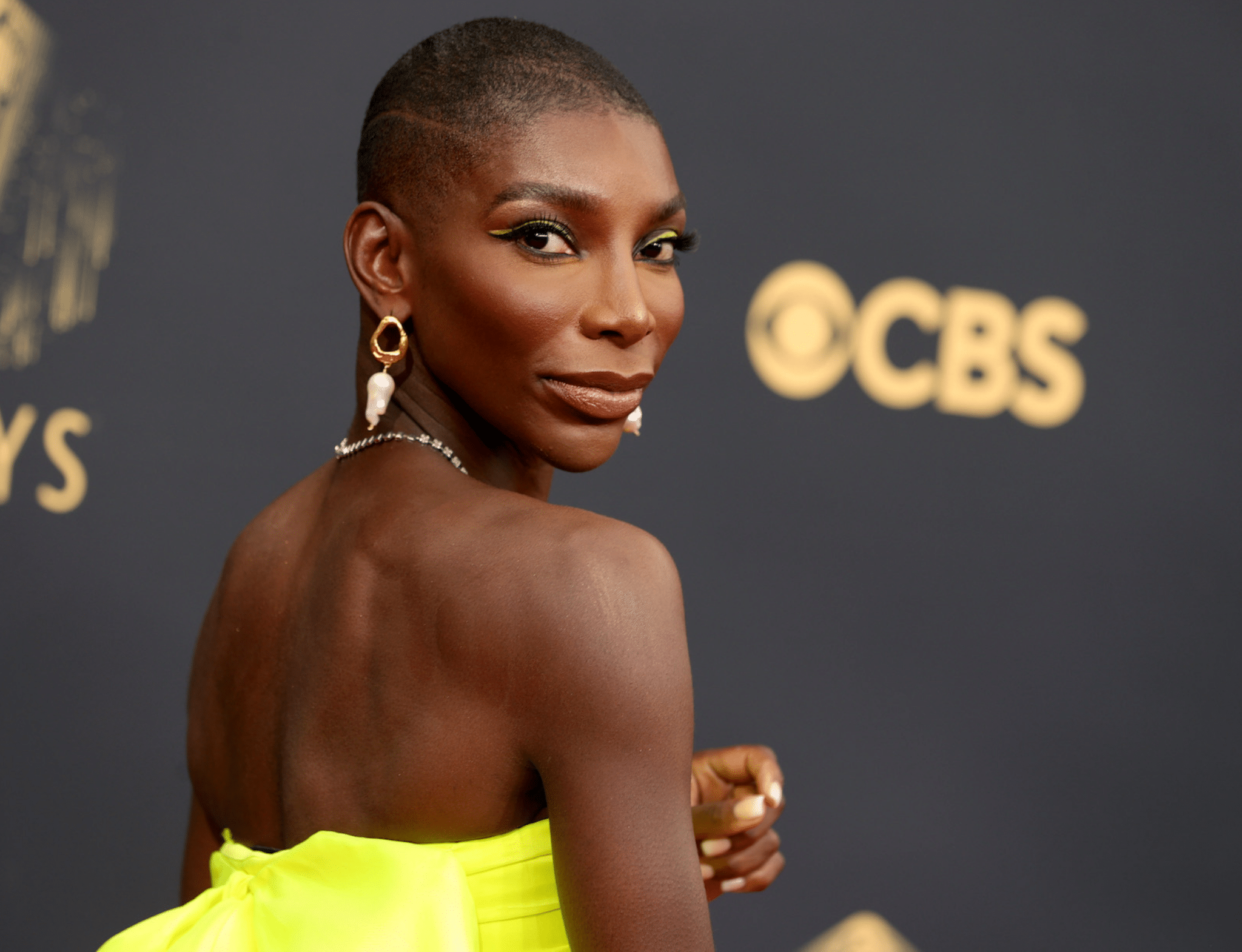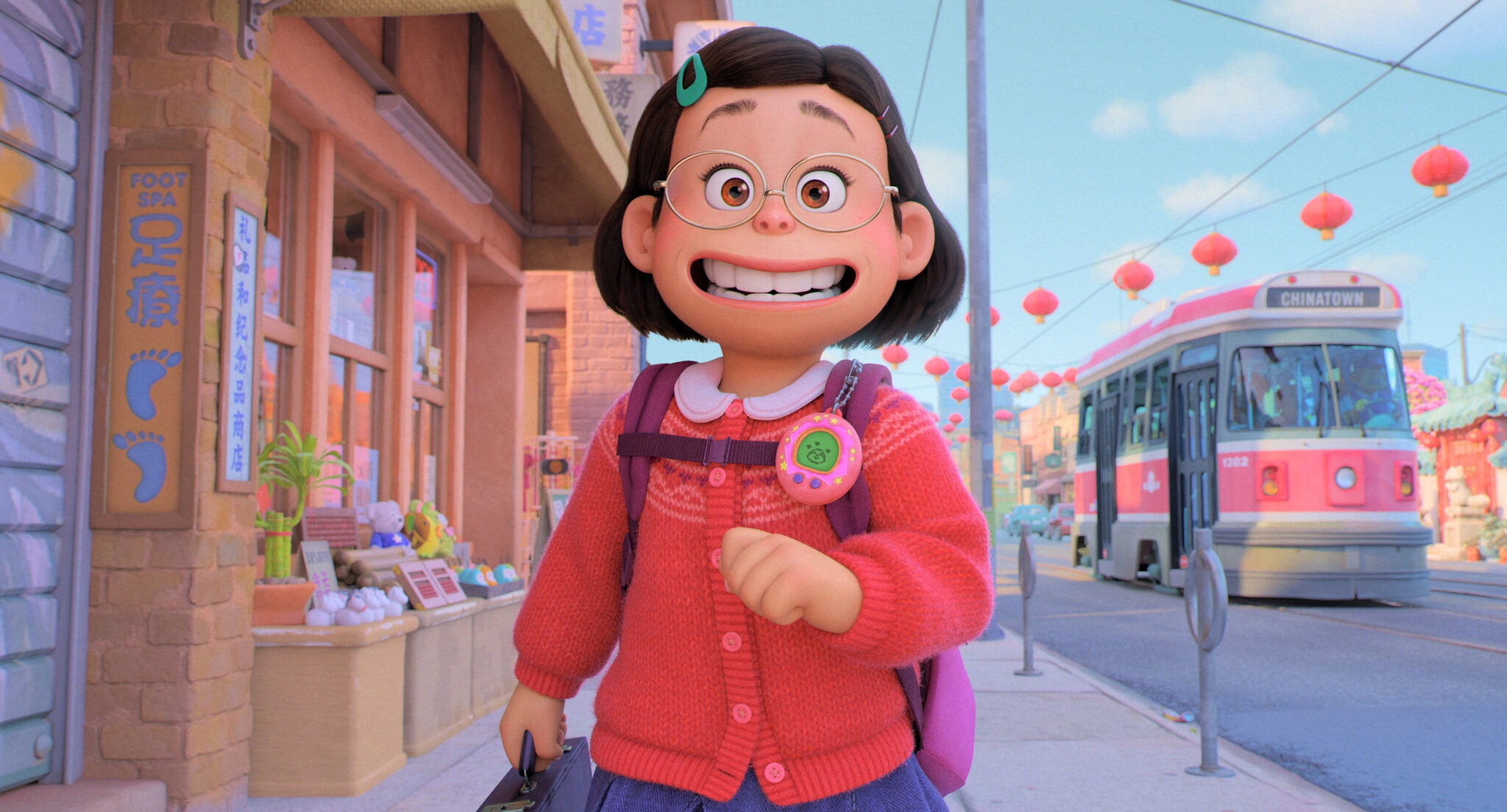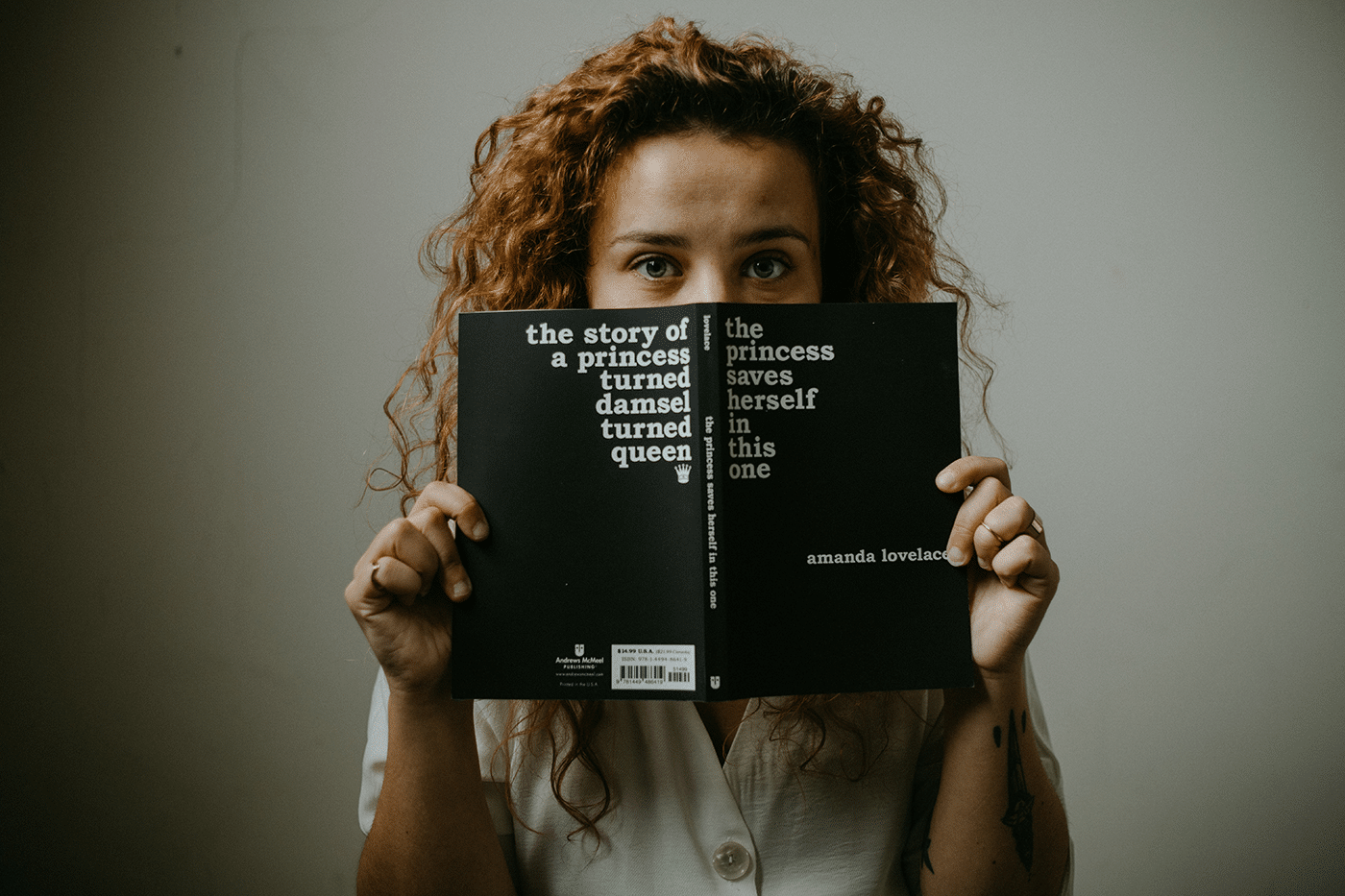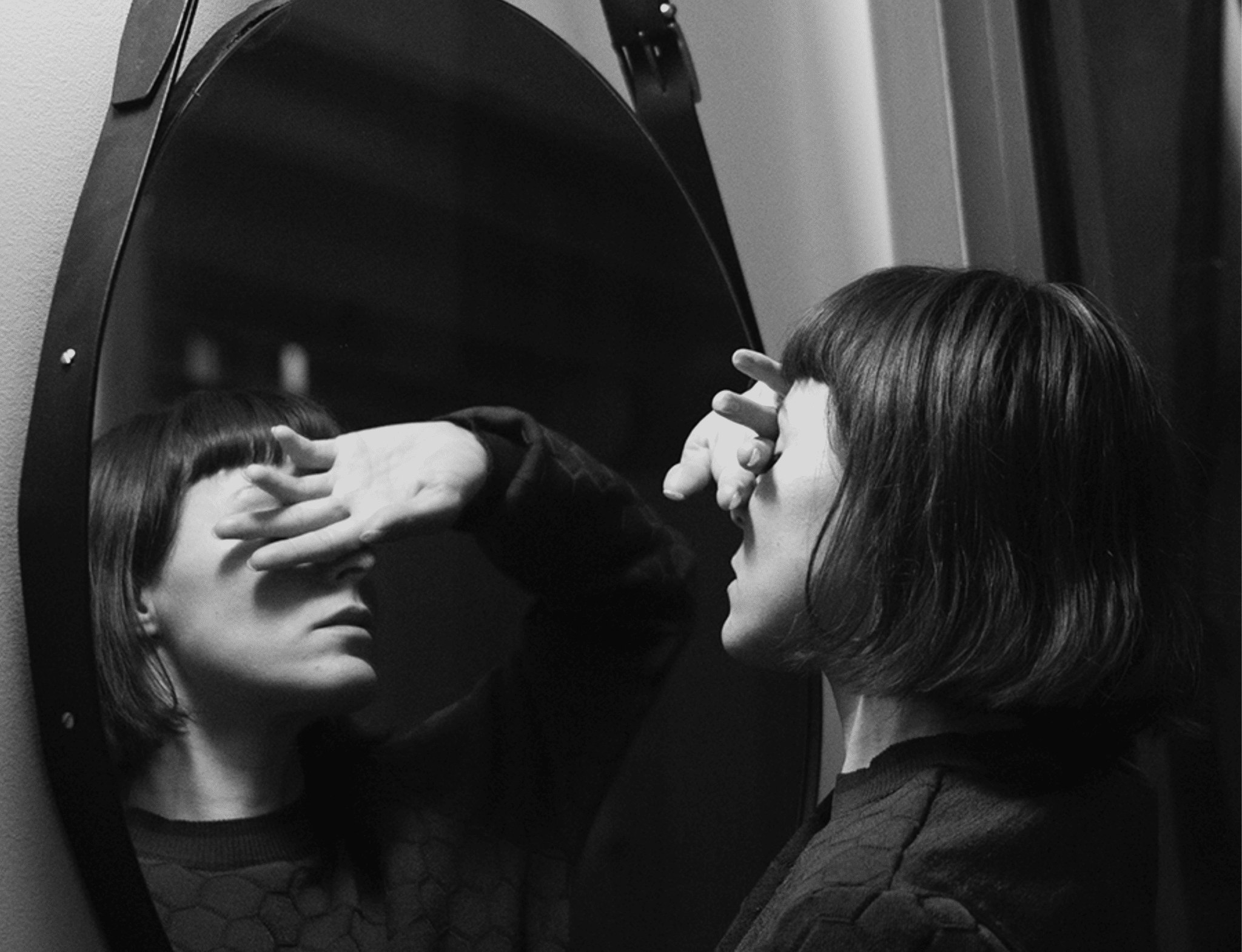On Sunday night, time stood still for just a moment as Michaela Coel gathered herself to collect her Emmy for limited series writing. The following moments were filled with the most powerful words of the evening (girl just won an Emmy for her writing after all) and a message to her audience outside of the room. Michaela Coel, reached out to her audience — writers, many of them likely women of color for whom a world of possibility has just opened and said this:
“Write the tale that scares you, that makes you feel uncertain, that isn’t comfortable. I dare you. In a world that entices us to browse through the lives of others to help us better determine how we feel about ourselves, and to in turn feel the need to be constantly visible, for visibility these days seems to somehow equate to success—do not be afraid to disappear. From it. From us. For a while. and see what comes to you in the silence.”
Let that sit for a moment. In a strange sort of irony, here was the first-ever Black winner for the limited series Emmy category, encouraging her audience to become less visible, to explore their art and see what comes of it. In a world that encourages racialized people to make themselves visible, Michaela Cole asks us to disappear.
When I first heard her speech, I interpreted it as a call to writers to retreat from social media and the noise of our digital world to explore their art. But the more I’ve listened to it, the more I read it as a call to examine how we think of visibility. What does it mean to be truly seen and heard?
I May Destroy You comes from a deeply personal place, exploring the events of one harrowing night in Coel’s life that left her reeling.
The series deals with topics of trauma, disassociation, and the non-linear road to recovery for survivors of sexual assault. It also drives home the often glossed over fact that anyone of any age, race, gender, or sexual orientation can be sexually assaulted and that those assaults can come at the hands of people we know, trust, and even take to bed.
But I think the bigger picture here is that this is Michaela’s own story. It’s a tale of a Black woman penned by her own hand, about dealing with trauma against the backdrop of the systemic oppression that affects Black people globally.
The instances of racism for example are layered and nuanced, in some cases so subtle that you might be left with nothing more than a feeling of unease, asking yourself – was that racist? And that is exactly the sort of question Coel wants you to ask.
For too long have Black stories been told on screen by white writers and directors — visibility from a white gaze. The complexity and layers of racism are largely absent. Cinema and television are rife with examples of movies and shows that tackle racism from the perspectives of a white protagonist, the resolution being their education and self-actualization. Black characters exist to facilitate that.
We praise these stories for tackling racism and making Black people more visible. They become award show darlings for white writers, actors, and directors to walk away with accolades. Recent examples include Green Book, The Blind Side, and the hugely problematic The Help. But these aren’t Black stories. They are Black characters in a white story, or they are non-Black people’s take on Black stories, and so fall short of authentically portraying what it means to go through life in a Black body. I May Destroy You is not a show about racism, yet racism exists in every single episode.
Coel tells this story in that soft nebulous space where all our stories exist. Where things aren’t clear cut. Homophobia and sexual assault exist within the Black community as much they do outside of it. The protagonist is herself in equal parts victim of assault and ally to others, as she is a perpetrator of insensitive acts towards survivors. Racism and harm are explored between communities of color, both sufferers and perpetrators of their own oppression.
In this way, Michaela Coel succeeds in making a Black story truly visible and her voice heard. She is telling us that understanding these things (sexual assault, homophobia, racism, sexism) is not simple, and if we continue to portray them in the ways that we have been, our understanding will never advance beyond superficial, box-checking — visibility for visibility’s sake. It’s a reminder that racialized people cannot be truly visible outside of their own narratives. And if they are, are they being seen at all?
Ultimately, I cannot say definitively what Michaela Coel was trying to say with her Emmy speech. Was it merely a suggestion to retreat from social media in service of writing or was it a call to marginalized people to be less visible in traditional spaces in service of being truly represented in their own stories?
But that’s the thing about great writing, its meaning lies in the eyes of the reader.






